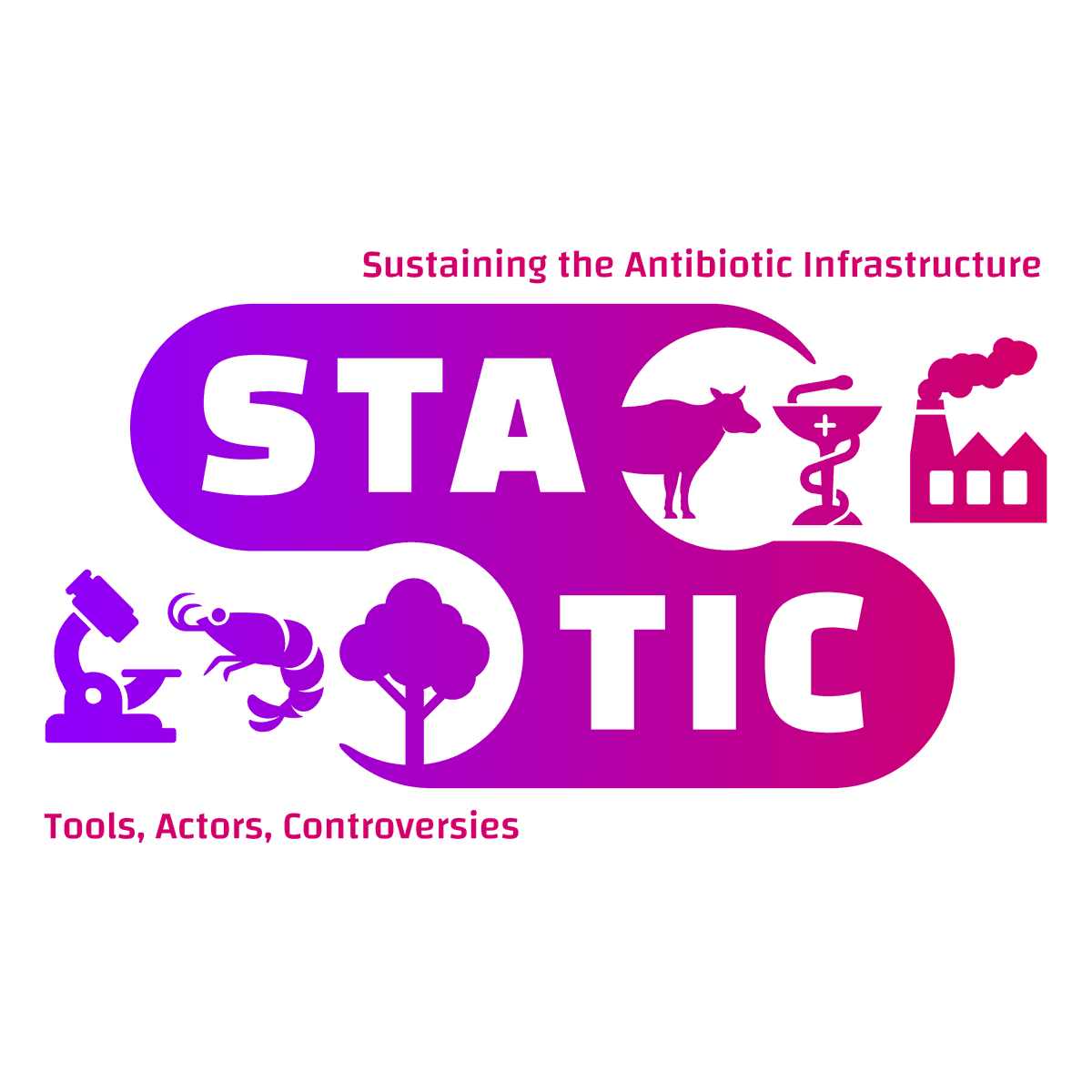
The STATIC project is part of the field of Science & Technology Studies (STS). This field of social science is concerned with the production of scientific knowledge and the controversies to which it gives rise, as well as the technical devices, instruments and standards through which phenomena such as health and environmental problems are measured and defined.
The STATIC project proposes to analyze antibiotic resistance by mobilizing the tools and questions of STS, while taking a “global” perspective with investigations in a variety of geographical contexts (North America, Argentina, Europe and India) and focusing on the practical application of the precepts of OneHealth.
The project is organized into three lines of research, which will look more specifically at: drug rejections, “antibiotic-free” meats and the measurement of environmental pollution. One of the aims is to determine how the boundaries between the various components of OneHealth (human health, animal health and the environment) are defined and negotiated.
The project will seek to understand how environmental pollution is taken into account in hospital antibiotic stewardship programs. In recent years, the presence of antibiotics in hospital wastewater has become an increasingly important issue in France and India. However, the way in which the issue has been framed and the measures implemented to address it seem radically different: in France, measures are implemented “upstream” of the care process; in India, measures are implemented “downstream”, focusing instead on environments already polluted due to massive antibiotic use.
The STATIC project will thus seek to understand the effects of measurement systems on the management of hospital effluents, as well as the political forces behind the permanence of such pollution.
We'll be looking at how “antibiotic-free” meat labels work. In recent years, these schemes have become increasingly popular, and have established themselves as an essential lever for reducing the use of antibiotics in livestock production. They do, however, raise questions about the standards of proper use and the monitoring systems they incorporate. To date, these labels are highly heterogeneous, with the result that the notion of “antibiotic-free” has many different meanings and is based on quite different practices in different sectors and countries.
As part of the STATIC project, we are going to study the operation of several of these labels to see whether they contribute (or not) to tackling the problem of antibiotic resistance at the interface of animal and human health.
The team will investigate antibiotic and antibiotic resistance monitoring systems in aquaculture, focusing on the interface between animal health and environmental health. The project will particularly benefit from a comparison of environmental antibiotic measurement systems in different geographical contexts.
The STATIC project will focus in particular on the wide variety of devices and technological methods (sensors, meters, new biological analysis methods) devised to limit environmental pollution, and their effects (or lack of effects) in terms of reducing antibiotic use and transforming sanitary and agri-food systems.